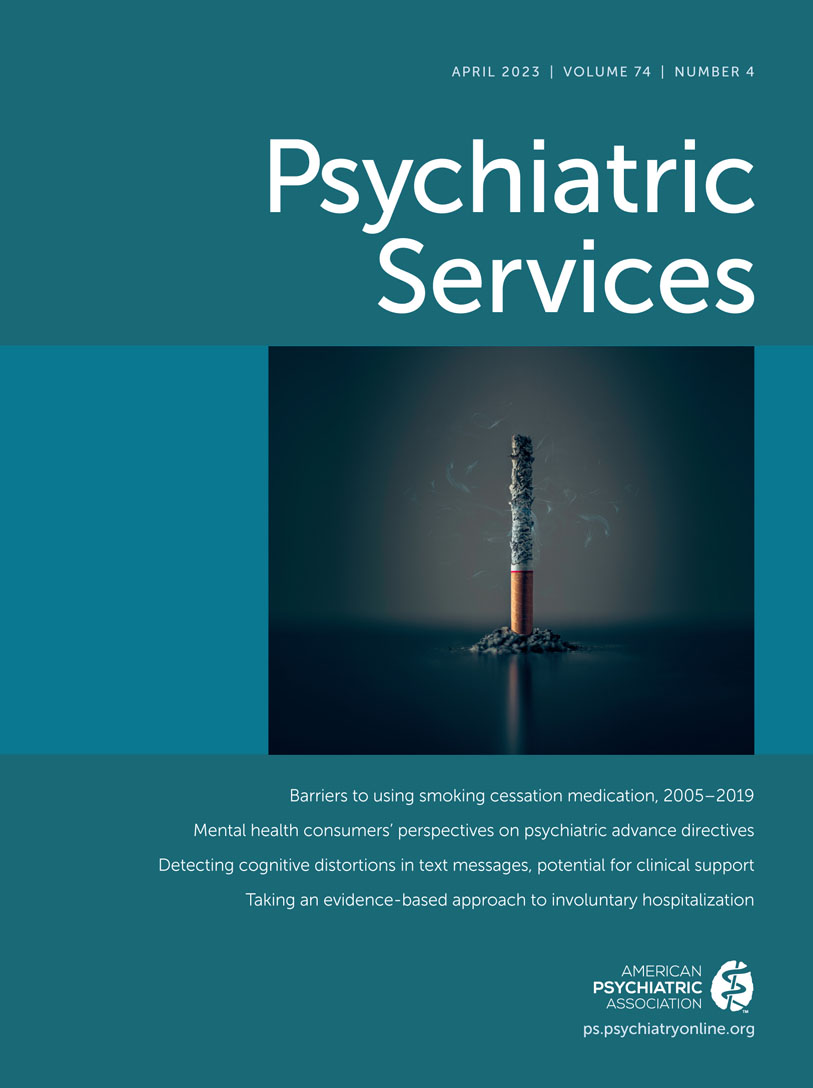Enhanced Adoption of Measurement-Based Care in a Psychiatry Outpatient Clinic After High-Reliability Process Changes
Abstract
Objective:
This study examined the impact of high-reliability changes to how measurement-based care questionnaires were administered to patients on rates of questionnaire completion.
Methods:
Medical record data were abstracted from 44,305 adult outpatient return visits to a psychiatry outpatient clinic within two 10-month periods (before and after process changes were implemented). Linear mixed models tested the change in questionnaire completion rates and the interaction effects between time and age, sex, and race.
Results:
Patient completion of questionnaires increased by 79% after process changes. Women were more likely to complete questionnaires regardless of the process. After process changes, older patients and White patients were more likely to complete questionnaires.
Conclusions:
High-reliability process changes to measurement-based care questionnaire administration were associated with higher questionnaire completion rates. Racial, age, and sex disparities in questionnaire completion rates were notable and deserve attention in future measurement-based care implementation efforts.



